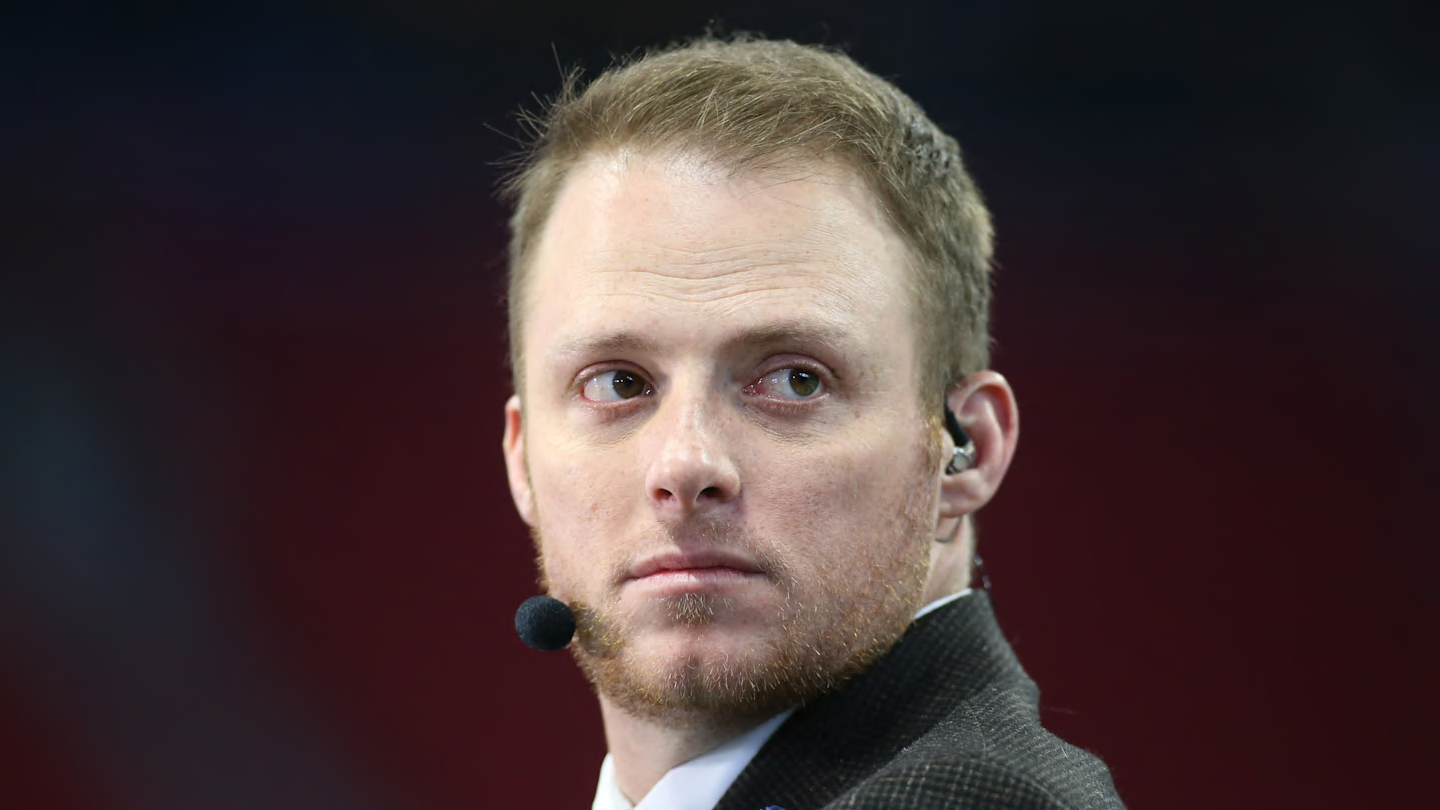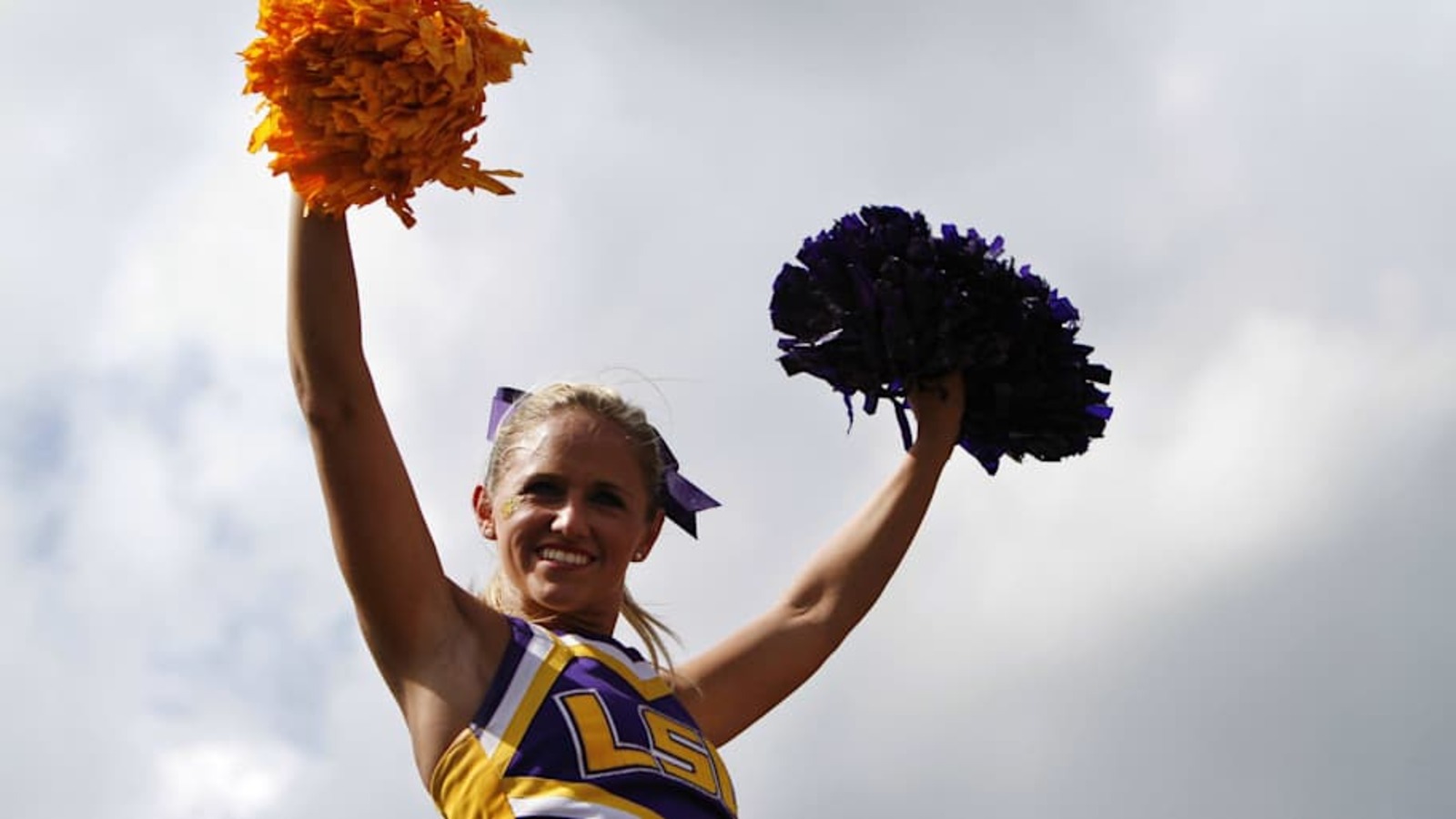Jump To Top of Page
UGA Uses of NIL Fines to Curb Off-Field Behavior

As the Georgia Bulldogs gear up for another shot at the national title in 2025, they’re also pioneering a new approach off the field. Following a series of off-field incidents, particularly those involving speeding and reckless driving, Kirby Smart’s program has implemented a groundbreaking solution: utilizing Name, Image, and Likeness (NIL) fines to enforce discipline. This unique strategy sets them apart in the world of major college football.
A Crisis of Conduct
Georgia’s off-field problems, particularly with traffic violations, have caused a storm of finger-pointing and harrumphing. However, there have been tragic consequences involving UGA players and cars, as well as a number of unsafe incidents.
The most tragic moment came in January 2023, when a high-speed crash claimed the lives of offensive lineman Devin Willock and recruiting staffer Chandler LeCroy. Despite increased awareness and internal efforts to curb dangerous driving, violations continued.
Turning to NIL for Discipline
At this year’s SEC Spring Meetings, Kirby Smart made headlines by confirming that Georgia’s NIL collective, the Classic City Collective, has begun issuing financial penalties to players for off-field behavior.
“It’s really trying to punch the pocketbook,” Smart said. “They feel that more than they do anything else.”
Some players have reportedly had large payments withheld over conduct violations, particularly reckless driving.
How the NIL Fines Work
Through contracts that include morality clauses, the collective can fine players or withhold NIL payments if they engage in dangerous behavior—such as driving at high speed.
Smart emphasized that the intent isn’t punitive—it’s corrective: “We don’t get to decide what the collective does. But we’re in communication with them about our expectations. They know what’s important to us.”
A New Culture in Athens
The policy is already changing the internal culture. Senior leaders have begun to view fines as a tool for accountability, particularly now that financial consequences are tied to specific behaviors. One player mentioned to The Athletic, “This is a team, not a bank. If you mess up, it costs you.” Players receive a briefing on the policy as soon as they arrive on campus, and the potential loss of NIL (Name, Image, Likeness) money has introduced a new level of personal responsibility.
Legal and Ethical Red Flags
While the policy may work in the locker room, legal experts warn that it could cross the line.
“If you’re docking pay based on behavior, you’re entering the realm of employment law,” said sports law analyst Michael McCann. “That’s tricky when the NCAA insists players aren’t employees.”
Recruiting Risks and Rewards
From a recruiting perspective, Georgia’s NIL discipline model is a double-edged sword.
Some parents and high school coaches may welcome the structure, seeing it as a sign of maturity and character development. Others may view it as an overreach, particularly when other programs offer similar NIL money without the strings attached.
Still, Georgia continues to thrive on the trail. In fact, the last few weeks have produced an exceptional haul of high school talent. Whether NIL fines will eventually impact recruiting success remains to be seen.
Leading the Way—or Taking a Risk?
Georgia might be the first major program to link NIL (Name, Image, Likeness) compensation to off-field behavior, but it likely won’t be the last. If this policy proves effective in reducing violations and avoids legal issues, other programs will likely adopt similar measures. Collectives are rapidly evolving, and many are looking for ways to connect financial investments with character and conduct.
However, Coach Smart remains cautious: “I don’t think NIL alone is going to fix it. It’s just one piece of the puzzle. We’re still focused on mentoring and having discussions. NIL simply adds another layer.”
What It Means for College Football
As we enter the 2025 season, Georgia’s use of NIL fines could become a defining storyline, not just in Athens but across the college football landscape.
It’s a test case for how schools can balance new athlete freedoms with old-school discipline. And it could shape the future of NIL as more than just a market but a carrot/stick mechanism for team control.
For now, Georgia is taking the lead; whether it continues or falls behind depends on how well the Bulldogs can walk the tightrope between freedom and responsibility in college football’s new era.
Jump To Today’s Discussion Thread














 – Seth Greenberg on how THREATENING the Mavs will be
– Seth Greenberg on how THREATENING the Mavs will be  | Get Up
| Get Up












































